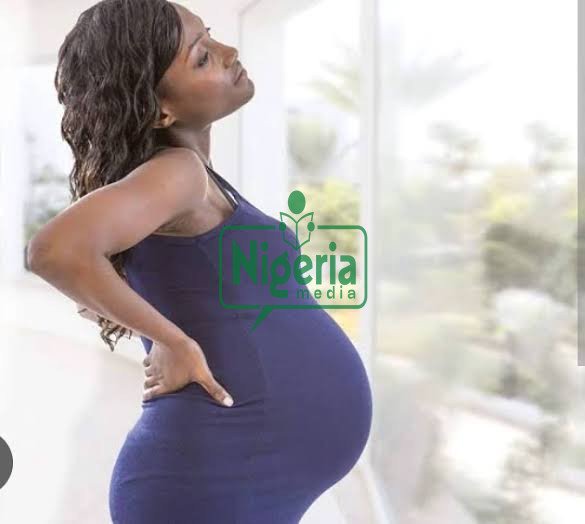
How Age Affects Female Fertility
So, What’s the Oldest Age a Woman Can Get Pregnant Naturally?
Keep in mind: Most pregnancies in women over 50 are achieved through assisted reproductive technologies like IVF, often using donor eggs.
Why Is It So Rare After 45?
Several factors contribute to the decline in fertility with age:
Signs a Woman Might Still Be Fertile
Even after 40, if a woman:
Is still menstruating regularly, Has no diagnosed fertility issues, And is in overall good health,
…she might still be able to conceive naturally. However, the odds become slimmer each year.
Considering Pregnancy Later in Life
If you’re thinking about having a baby later in life—especially after 40—it’s a good idea to:
Final Thoughts
Have questions about fertility or planning for a family later in life?
